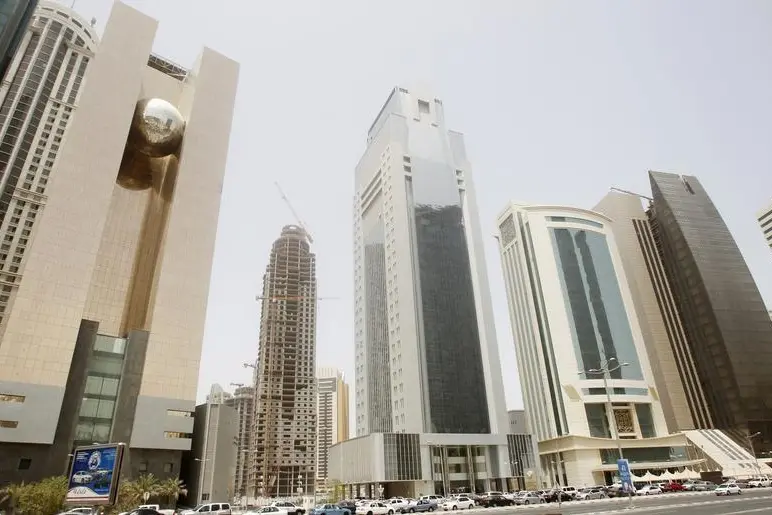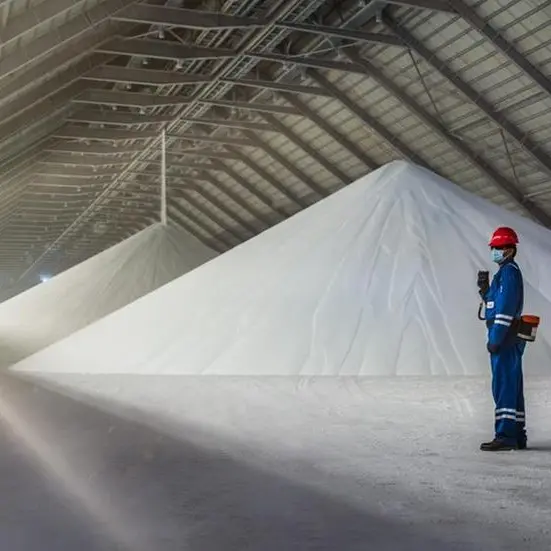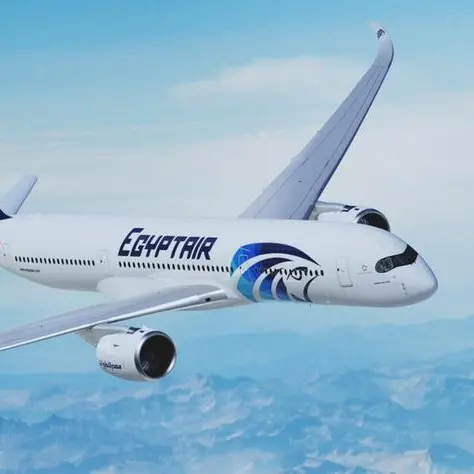PHOTO
By Henning Gloystein
SINGAPORE, June 5 (Reuters) - Saudi Arabia and key allies on Monday cut ties with Qatar, accusing it of supporting extremism, sending shockwaves through the energy industry as the countries involved include the world's top oil and liquefied natural gas (LNG) exporters.
Saudi Arabia, the world's biggest crude oil exporter, along with the United Arab Emirates, Egypt, and Bahrain said they would sever all ties including transport links with Qatar, the top LNG exporter in the world. The three Gulf countries said they will give Qatari visitors and residents two weeks to leave.
"(Qatar) embraces multiple terrorist and sectarian groups aimed at disturbing stability in the region, including the Muslim Brotherhood, ISIS (Islamic State) and al-Qaeda, and promotes the message and schemes of these groups through their media constantly," Saudi state news agency SPA said .
While the announcements did not immediately affect oil shipments, benchmark Brent crude futures prices rose over 1 percent to well over $50 per barrel following the news.
In addition to being the top global oil exporter, Saudi Arabia is largest producer in the Organization of the Petroleum Exporting Countries (OPEC). The UAE is OPEC's fourth-largest producer. Qatar is also an OPEC member.
LNG shipments may be the most affected by the dispute as both Egypt and the UAE import cargoes from Qatar regularly.
Egypt, which struggles to meet its electricity demand, has imported on average 857,000 cubic metres per month of LNG from Qatar since January 2016, according to shipping data in Thomson Reuters Eikon.
The fuel is used almost exclusively for power generation.
The UAE have imported on average 190,000 cubic metres of LNG per months from Qatar during that time.
Shipments to the world's biggest LNG buyers in Asia are unlikely to be affected, barring a major escalation, importers said.
"I don't think there will be any impact on it. We get gas directly from Qatar by sea," R.K. Garg, head of finance at Indian LNG importer Petronet, told Reuters when asked to comment on the coordinated move to cut relations.
India is the second-biggest buyer of Qatari LNG, according to energy consultancy Wood Mackenzie, after Japan.
A Japanese LNG trader also said he did not expect immediate supply disruptions.
Qatar is also a major exporter of condensate, an ultra-light form of crude oil, but it was not clear immediately how the political tensions would impact Qatari exports of this fuel.
OPEC's members recently agreed to extend cuts in their crude oil production totalling 1.8 million barrels per day in order to tighten the market and pop up prices.
It was not immediately clear how this political crisis would affect policy-making at OPEC, of which Saudi Arabia is seen to be the de-facto leader.
(Reporting by Henning Gloystein in SINGAPORE; Additional reporting by Nidhi Verma in NEW DELHI; Editing by Bill Tarrant and Christian Schmollinger) ((henning.gloystein@thomsonreuters.com; +65 6870 3263; Reuters Messaging: henning.gloystein.reuters.com@reuters.net))





















